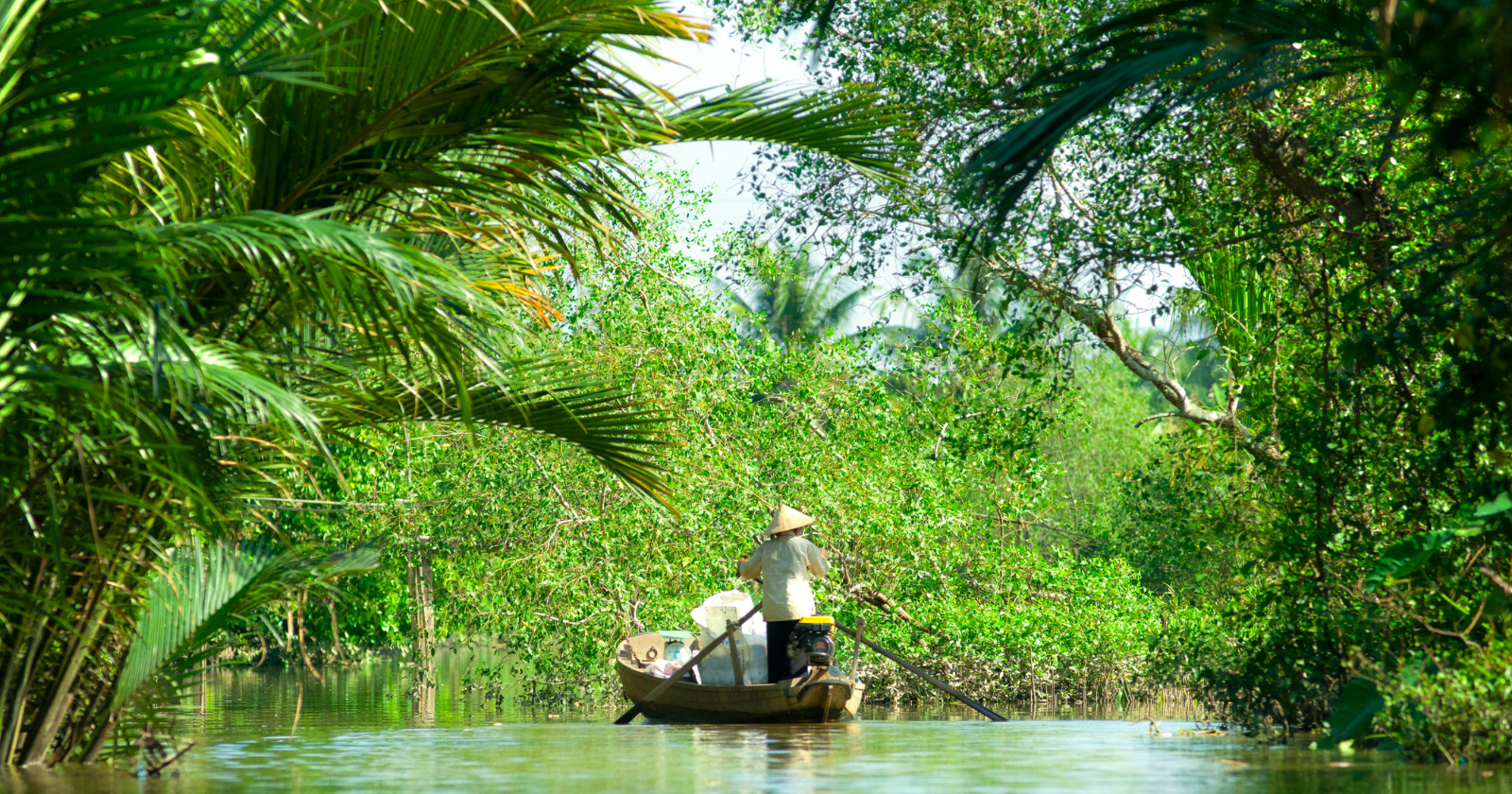
Good news for biodiversity: nearly 224 new animal and plant species were discovered in the Greater Mekong region in 2020. That’s according to a new report from the World Wide Fund for Nature (WWF), which nevertheless recalls that most of these species are “highly endangered” and require “our full attention.”
A total of 155 plants, 16 fish, 17 amphibians, 35 reptiles and one mammal have been discovered in the Greater Mekong region — which includes Burma, Thailand, Laos, Cambodia and Vietnam — the WWF said in its report. .
Among these new species are a colorless cave fish, an iridescent snake whose scales do not overlap, a gnarled salamander or even a “stench bug,” as GEO reports. Scientists have also discovered a new frog species in Vitenam, more than 2,000 meters above sea level. This is the brightly colored Mount Ky Quan San horned frog.
The report also includes photos of a new primate: Popa’s Langur monkey. It takes its name from the extinct volcano of Mount Popa, located in central Burma. However, this primate is under threat from hunting, logging and the destruction of its natural habitat, WWF warns. According to estimates, there are only 200-250 specimens of this species left in total.
“Many species die before they are discovered”
These 224 new species bring the total number of vascular plants, fish, amphibians, reptiles, birds and mammals discovered in the Greater Mekong since 1997 to 3,007, WWF says. “With more than 3,000 new species in the last 24 years, the Great Mekong region is undoubtedly a heavyweight for species discovery worldwide”, K. Yoganand, regional wildlife manager for WWF-Greater Mekong, in a statement.
“These species are extraordinary and wonderful products of millions of years of evolution, but they are highly endangered, with many species becoming extinct before they are even discovered. They need our utmost respect, attention and urgent action to protect their habitats and prevent their exploitation to a minimum.”K. Yoganand recalled.
In its statement, WWF calls on governments to: “take action to combat the threats of habitat destruction, disease and illegal wildlife trade”.